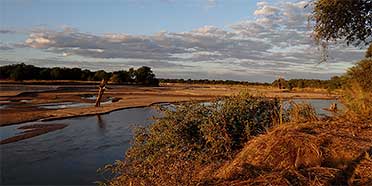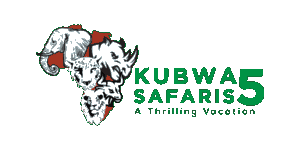
Safari Tours to North Luangwa NP
-

15-Day Zambia off the Beaten Track Safari
$17,320 to $21,099 pp (USD)
Zambia: Private tour
Mid-range Lodge & Bush CampYou Visit: Lusaka (Start), South Luangwa NP, North Luangwa NP, Lower Zambezi NP, Victoria Falls, Livingstone (End)

Wayfairer Travel
4.8/5 – 172 Reviews
-
![21-Day Ngonye Liuwa Plain, Kafue, South Luangwa Tour]()
21-Day Ngonye Liuwa Plain, Kafue, South Luangwa Tour
$14,410 to $14,630 pp (USD)
Zambia: Private tour
Mid-range Camping & LodgeYou Visit: Livingstone (Start), Mosi-oa-Tunya NP, Victoria Falls, Ngonye Falls (Highlight), Liuwa Plain NP, Barotse Floodplain, Kafue NP, Lochinvar NP, Lusaka (City), South Luangwa NP, Luambe NP, North Luangwa NP, Mutinondo Wilderness, Bangweulu Wetlands, Kasanka NP, Kundalila Falls (Highlight), Lusaka (End)

Kubwa Five Safaris
4.9/5 – 148 Reviews
-
![8-Day Zambia South and North Luangwa Safari]()
8-Day Zambia South and North Luangwa Safari
$6,161 to $7,366 pp (USD)
Zambia: Private tour
Mid-range Lodge & Bush CampYou Visit: Mfuwe (Start), South Luangwa NP, North Luangwa NP, Mfuwe Airport (Mfuwe), Mfuwe (End)

Safari365
4.7/5 – 18 Reviews

 Zambia Parks
Zambia Parks













